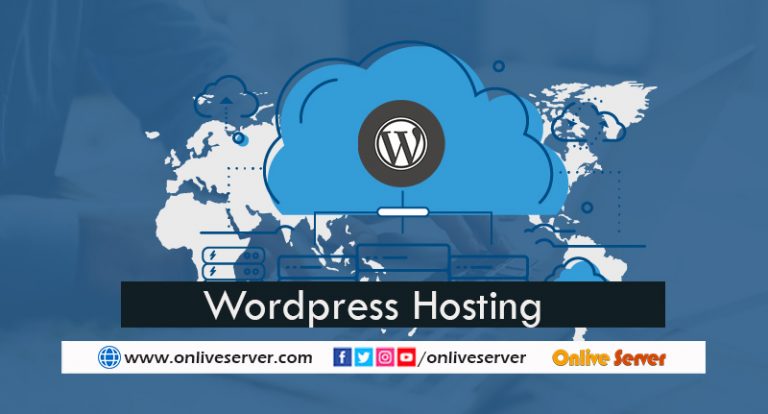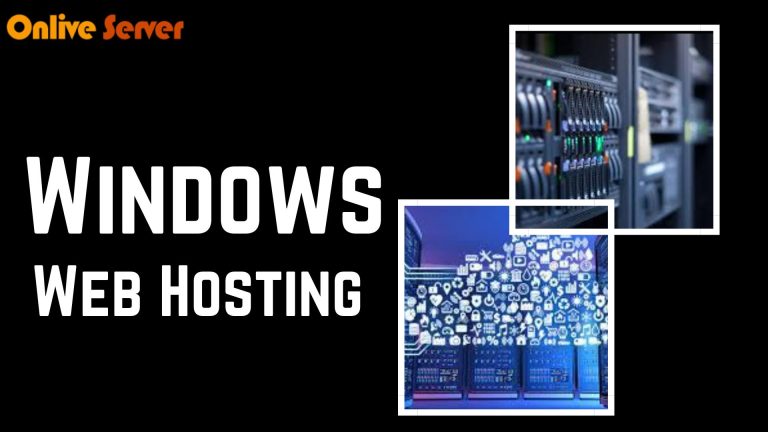In today’s digital world, ensuring the security of your online business is paramount. With cyber threats evolving daily, web hosting security plays a critical role in safeguarding your website, customer data, and reputation. Here, we delve into the key aspects of web hosting security and why it’s essential for your business’s success.
Web hosting security encompasses a set of practices and features designed to protect your website from unauthorized access, data breaches, and malicious attacks. Whether you run a small e-commerce platform or a corporate website, security breaches can disrupt operations, damage your reputation, and lead to financial losses. By understanding the fundamentals of hosting security, you can take proactive measures to protect your online assets.
- 1 Website Host
- 5 GB SSD Storage
- cPanel
- imunify360
- 5 Email Account
- Free SSL
- Unlimited Bandwidth
- Managed WordPress
- Litespeed Web Server
- WP-CLI
- 5 Databases
- GIT Access
- Weekly Backups
- Free CDN
- Cloudflare Protected Nameservers
- 24/7/365 Support
- 99.9% Uptime Guarantee
- DNS Management
- Access Manager
- 5 Addon Domains
- 5 FTP Account
- 2 CronJobs
- Monthly Backup
- Free Setup
- Free Migration
- 10 Websites Host
- 60 GB SSD Storage
- WHM/cPanel
- imunify360
- 50 Email Account
- Free SSL
- Unlimited Bandwidth
- Managed WordPress
- Litespeed Web Server
- WordPress Multisite
- WP-CLI
- 50 Databases
- Jetpack Free
- Free CDN
- Jetpack Free
- GIT Access
- Cloudflare Protected Nameservers
- 24/7/365 Support
- 99.9% Uptime Guarantee
- DNS Management
- Access Manager
- 50 Addon Domains
- 50 FTP Account
- 100 Cron Jobs
- Monthly Backup
- Free Setup
- Free Migration
- 20 Websites Host
- 150 GB SSD Storage
- WHM/cPanel
- imunify360
- 100 Email Accounts
- Free SSL
- Unlimited Bandwidth
- Managed WordPress
- Litespeed Web Server
- WordPress Multisite
- WP-CLI
- 100 Databases
- Jetpack Free
- Free CDN
- Cloudflare Protected Nameservers
- 24/7/365 Support
- 99.9% Uptime Guarantee
- DNS Management
- Access Manager
- 100 Addon Domains
- 100 FTP Account
- 100 Cronjobs
- Monthly Backup
- Free Setup
- Free Migration
Understanding Web Hosting Security Fundamentals
It involves a comprehensive approach to protect your website’s infrastructure, including:
Understanding these layers of security helps in implementing a robust defense strategy to mitigate risks effectively.
Key Security Components Every Business Needs
Every business should prioritize specific security components when selecting a hosting provider or securing their website:
These features not only protect your website but also instill confidence in your customers.
The Real Cost of Security Breaches to Online Businesses
A single security breach can have devastating consequences for an online business. The costs include:
The financial and reputational impact of a security breach underscores the importance of investing in robust hosting security.
Common Security Threats in Web Hosting
Cyber threats targeting hosting environments are diverse and sophisticated. The most common include:
Recognizing these threats is the first step in defending against them.
Essential Web Hosting Security Features
When choosing a hosting provider, ensure they offer essential security features to protect your business:
These features provide a solid foundation for a secure online presence.
Backup Solutions and Disaster Recovery Plans
No security strategy is complete without reliable backup solutions and disaster recovery plans. These measures ensure your business can recover quickly from unexpected incidents:
Having these measures in place minimizes downtime and mitigates the impact of security breaches.
Choosing a Secure Hosting Provider
Selecting the right hosting provider is crucial for maintaining robust security. Consider the following factors:
A secure hosting provider is a valuable partner in protecting your online business.
Steps to Enhance Your Current Web Hosting Security
If you already have a hosting solution, you can take steps to improve its security:
Taking these actions helps fortify your website against emerging threats.
Conclusion
Web hosting security is not a luxury—it’s a necessity for every online business. By understanding the fundamentals, recognizing threats, and investing in robust security measures, you can protect your website from malicious actors. A secure hosting environment not only ensures smooth operations but also builds trust with your customers, setting the stage for long-term success.
Take proactive steps today to safeguard your online business and enjoy peace of mind knowing your digital assets are protected.









